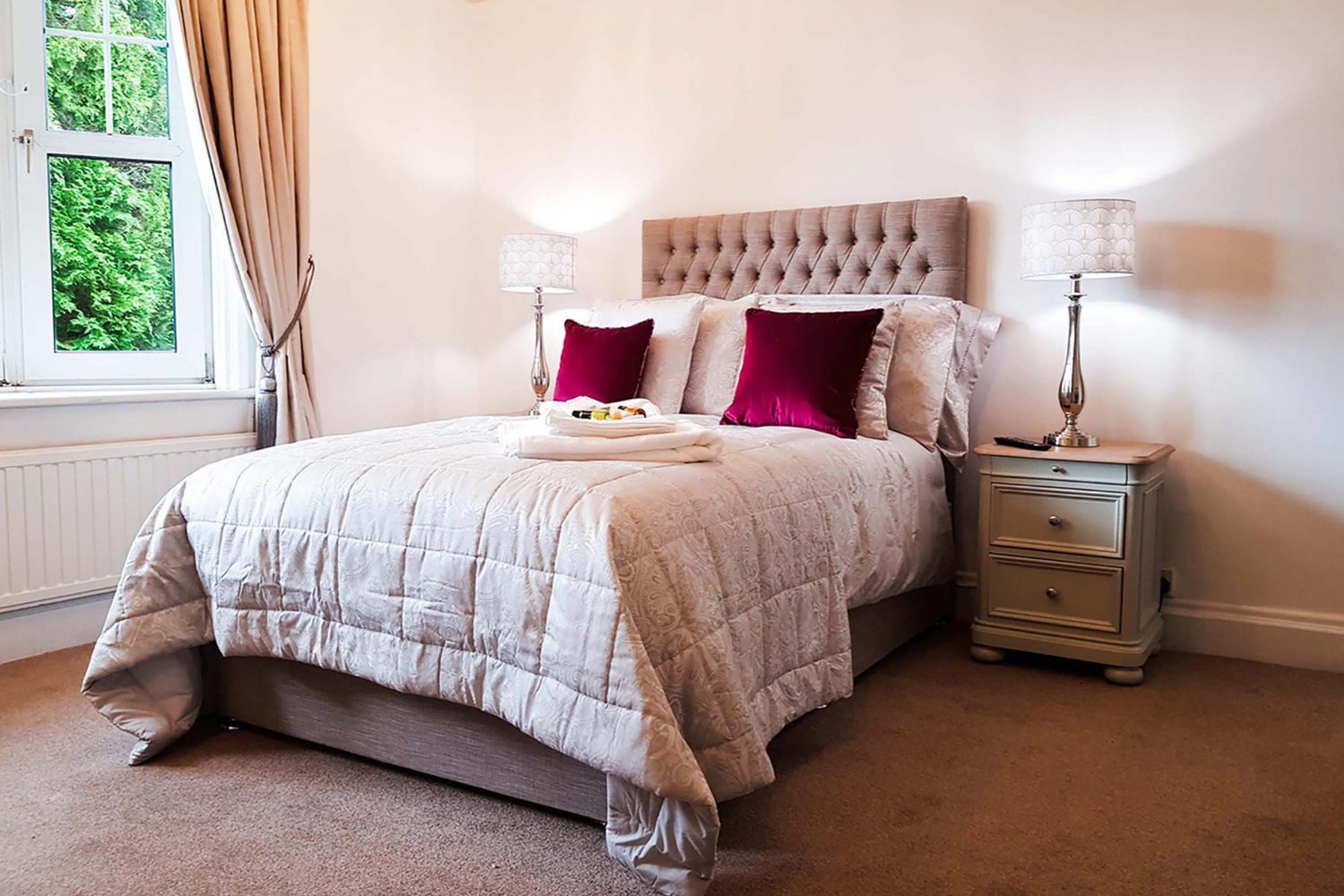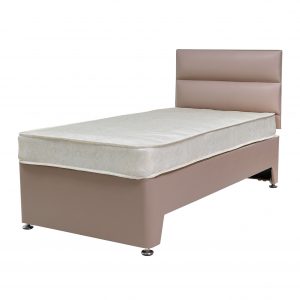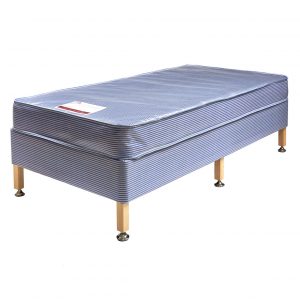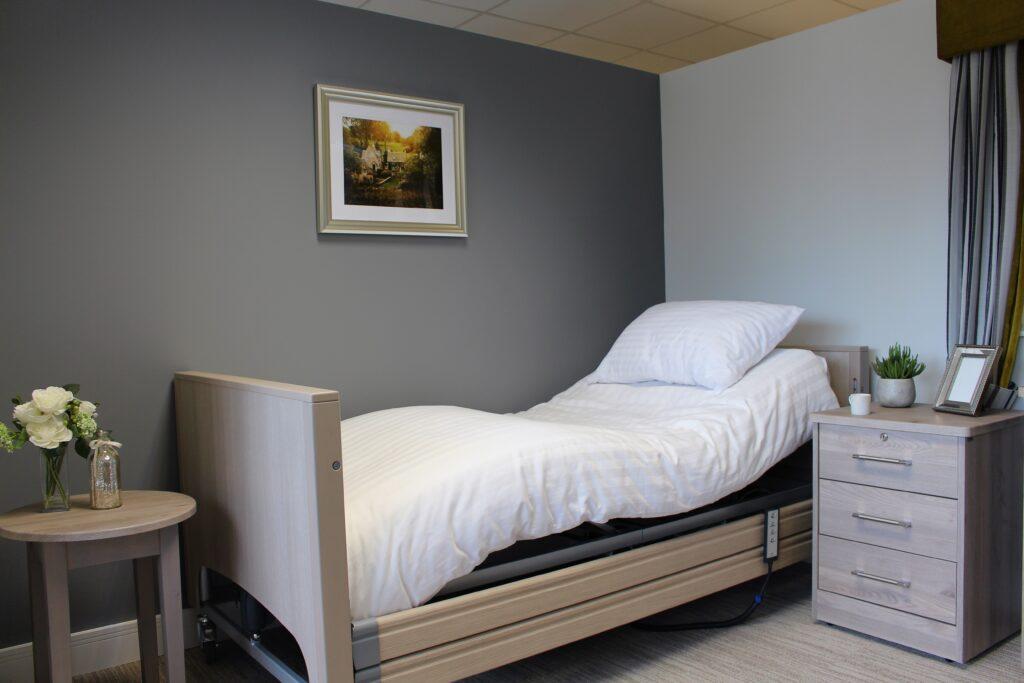- Video
- Robyn Notley-Daynes
🎥 Introducing a brand-new series by Furncare – Furncare Focus! In these videos, we’ll be diving into topics that matter to you most. Our first episode focuses on creating spaces for elderly care environments…

We all love a good nights’ sleep, so when you’re choosing care home beds for someone else how do you know that it will be suitable? On average, a care home resident will spend 11 hours a night in bed, whilst not all of this is spent asleep, this is almost half a day spent in bed. Based on this you can understand the importance in finding the right care home bed for your residents. You will often find that whilst some residents will require an electric profiling bed, many will be more suited to a traditional divan bed or similar. In this blog we explore some tips for choosing the ideal divan bed for your residents.
Your very first consideration will need to be whether the resident will require a hoist.


Of course you will also want to look at the interior style of your home as well as the bedrooms in particular. There are so many options for bed bases on the market that you’ll inevitably find one to suit. We’d recommend considering the following:
Traditional divan beds like the Verna, Kalvo or Loren would be more familiar to older people and are always a popular choice. These bases will also be you options if you do need something waterproof but as there is textile upholstery involved it will be important to check that the base conforms to the relevant FR standard (you can read more on this in our FR blog here).
Traditional homes that choose a divan base may also want to incorporate a valance to cover the base itself and be in keeping with the interior scheme. For a more contemporary home where you also want a divan base you could consider an upholstered base like the Loren or Oster which is designed to be on show.
Profiling beds, also known as low profile beds or care home electric beds, are beds that are designed for individuals who require a adjustability of sleeping or sitting position. Elderly people are often at risk of falling out of bed or have mobility limitations.

These beds have a lower height than traditional beds, which makes it easier for the individual to get in and out of bed and reduces the risk of falls. They can also be used for individuals who have recently had surgery or a stroke. Overall, the use of profile beds in care homes can improve the safety and comfort of residents with mobility limitations. See our blog on the how to use profiling beds>> and see what benefits they can bring to your staff and residents.
Continence care is a key aspect to consider when purchasing a new bed base. In order to maintain dignity, there are certain measures that can be put in place to mitigate incontinence. Purchasing a base that is waterproof will help to maintain the longevity of the bed, as well as ensuring that your residents are kept comfortable. When considering waterproof bases there are two main options:
Do you need a headboard? If you are choosing a divan base then the headboard is separate and you’ll need to consider if you would like one of these too. For wooden and metal bases the headboard is integral.
We hope you’ve found this blog on care home beds helpful, if you’d like any further assistance then please contact our expert team on 01603 664900 or sales@furncare.co.uk.
| Cookie | Duration | Description |
|---|---|---|
| cookielawinfo-checkbox-analytics | 11 months | This cookie is set by GDPR Cookie Consent plugin. The cookie is used to store the user consent for the cookies in the category "Analytics". |
| cookielawinfo-checkbox-functional | 11 months | The cookie is set by GDPR cookie consent to record the user consent for the cookies in the category "Functional". |
| cookielawinfo-checkbox-necessary | 11 months | This cookie is set by GDPR Cookie Consent plugin. The cookies is used to store the user consent for the cookies in the category "Necessary". |
| cookielawinfo-checkbox-others | 11 months | This cookie is set by GDPR Cookie Consent plugin. The cookie is used to store the user consent for the cookies in the category "Other. |
| cookielawinfo-checkbox-performance | 11 months | This cookie is set by GDPR Cookie Consent plugin. The cookie is used to store the user consent for the cookies in the category "Performance". |
| viewed_cookie_policy | 11 months | The cookie is set by the GDPR Cookie Consent plugin and is used to store whether or not user has consented to the use of cookies. It does not store any personal data. |